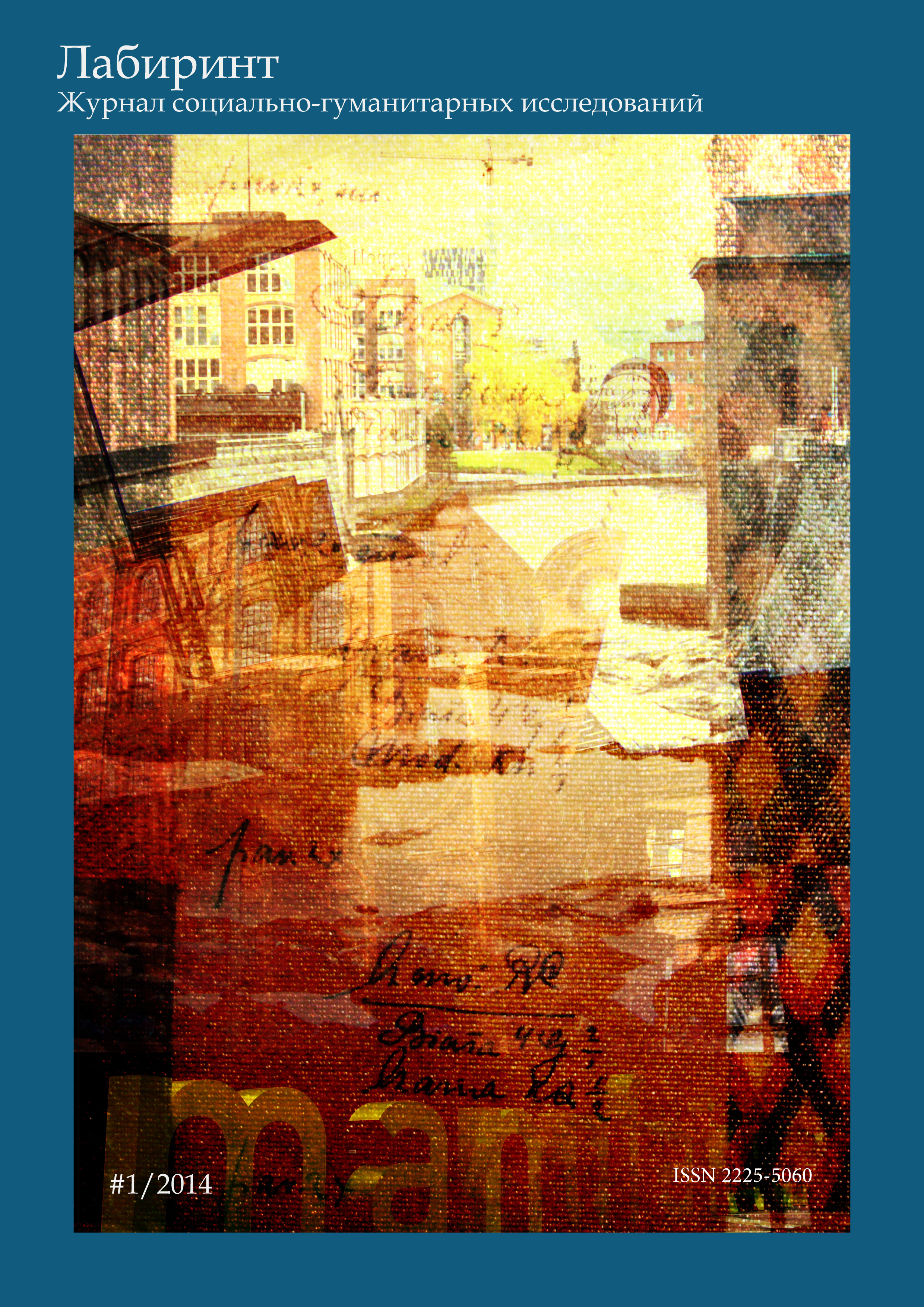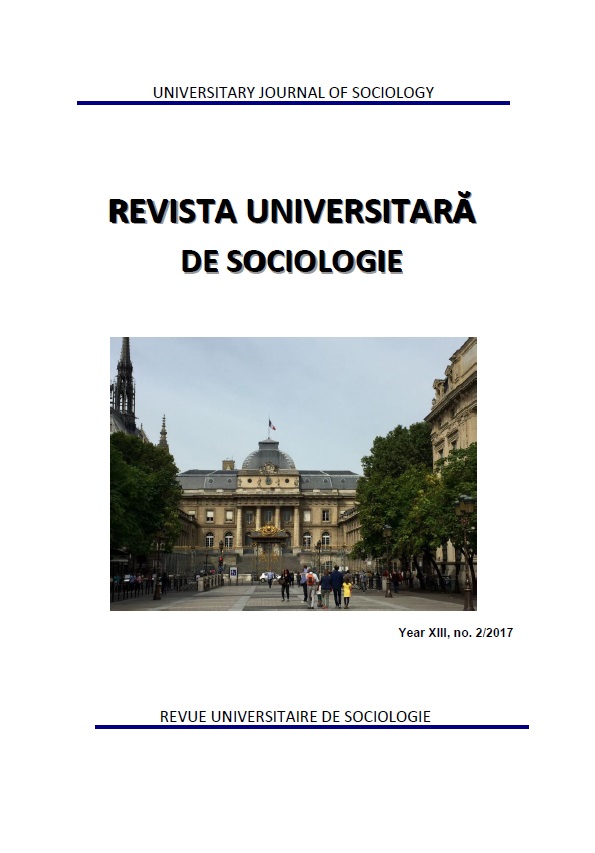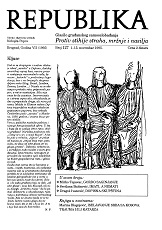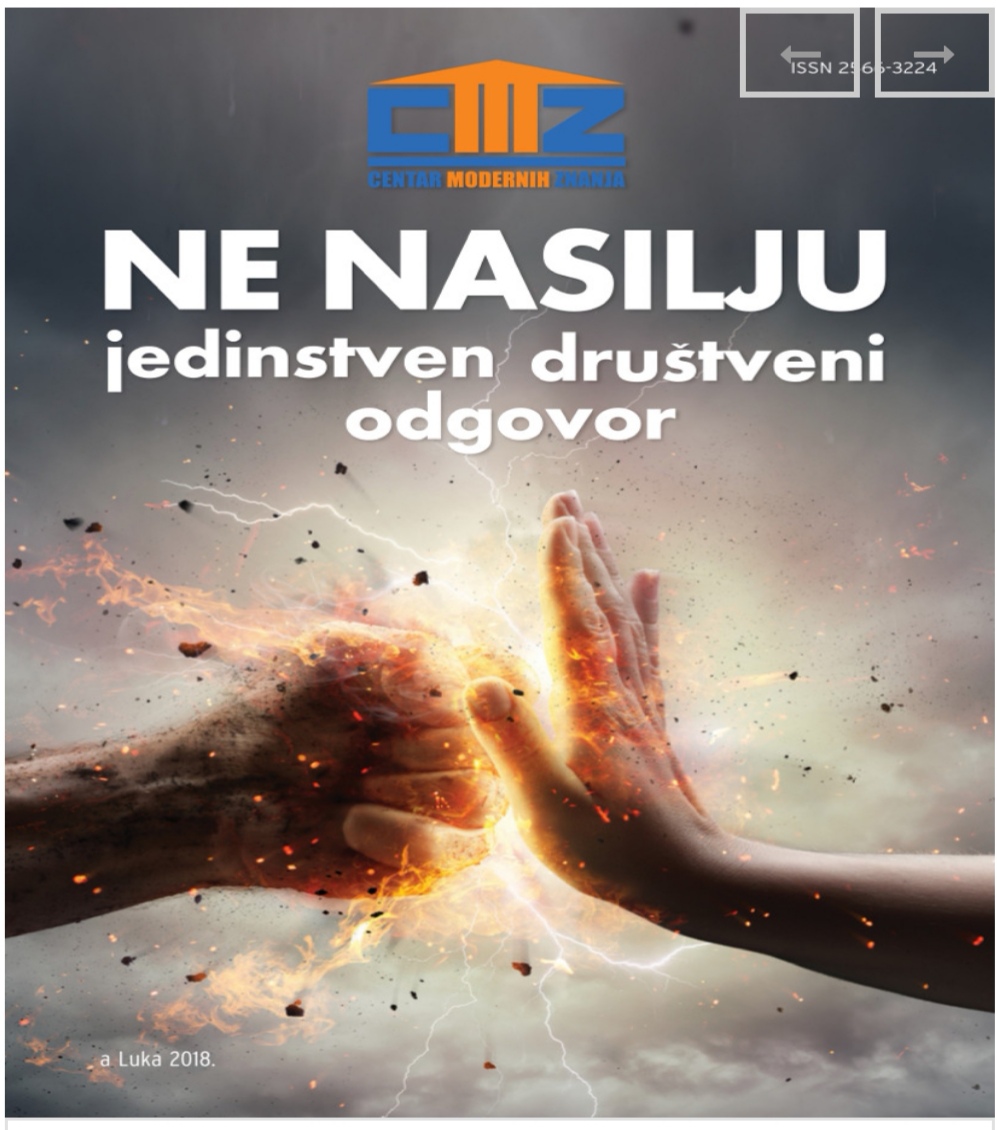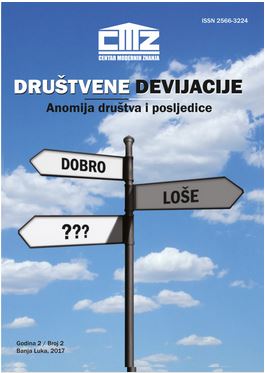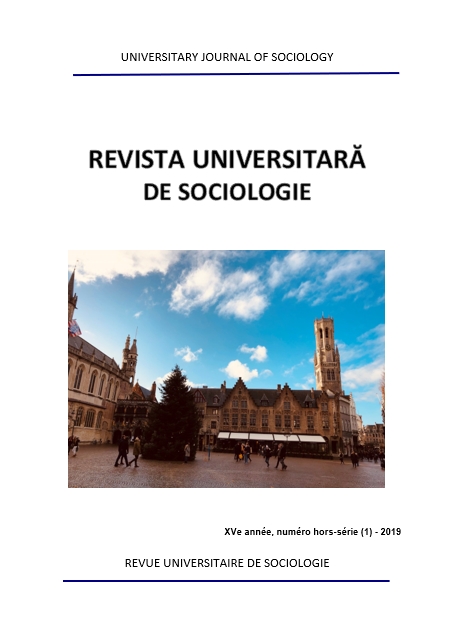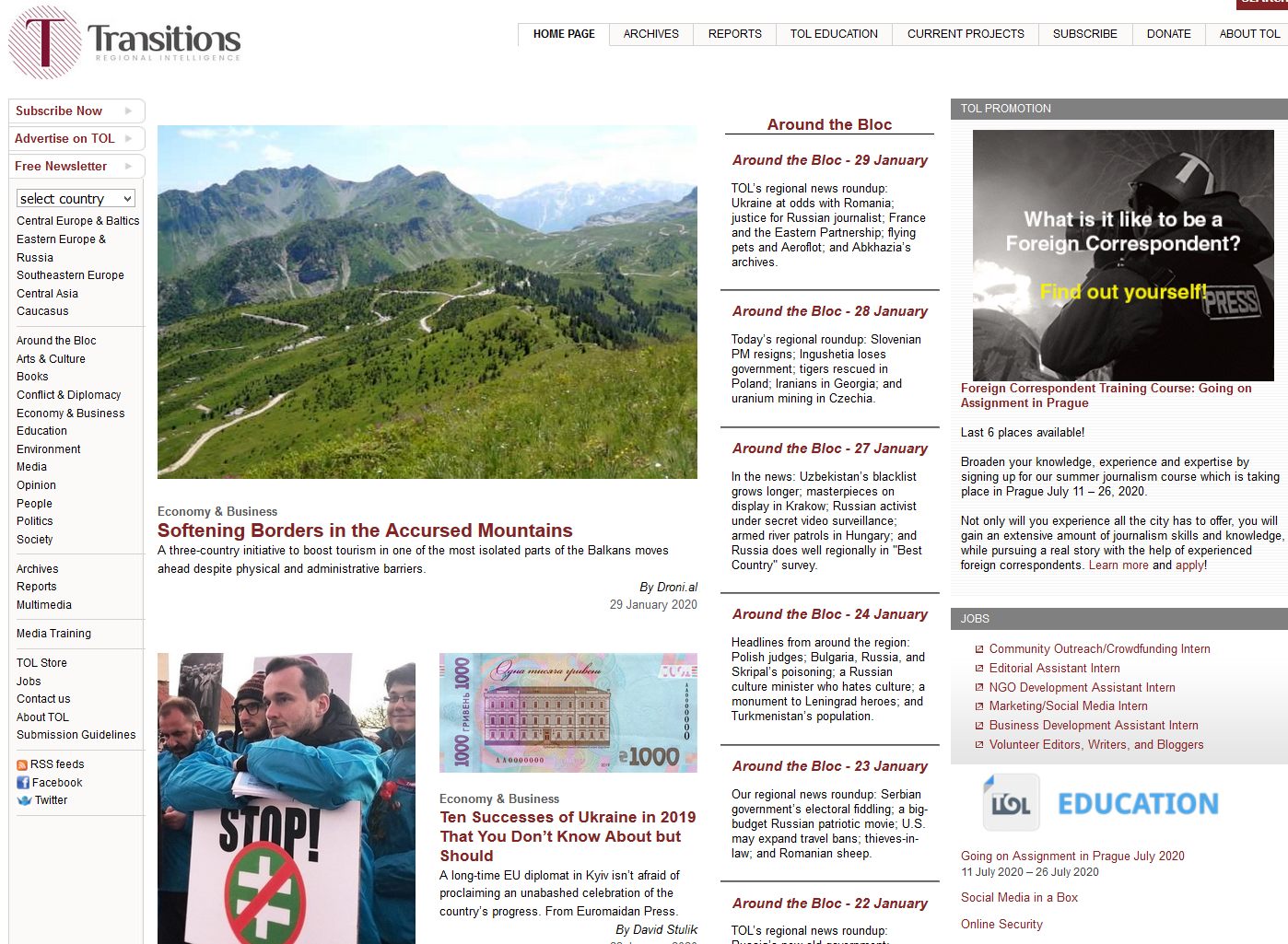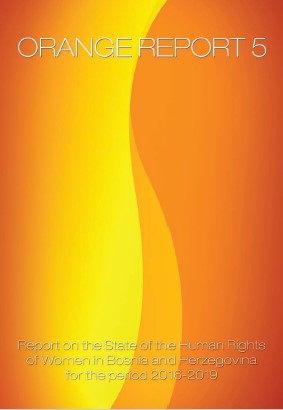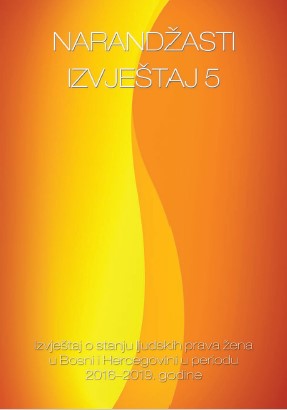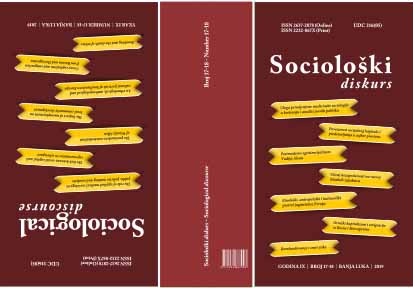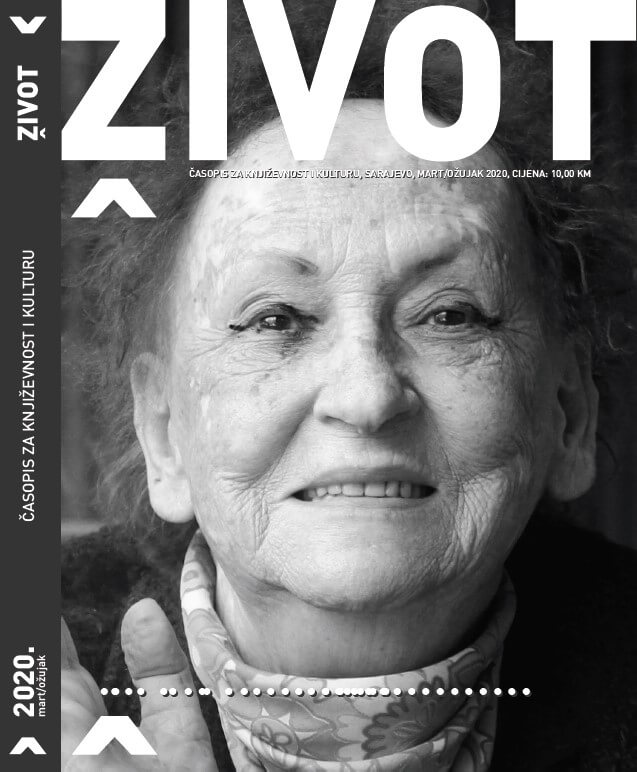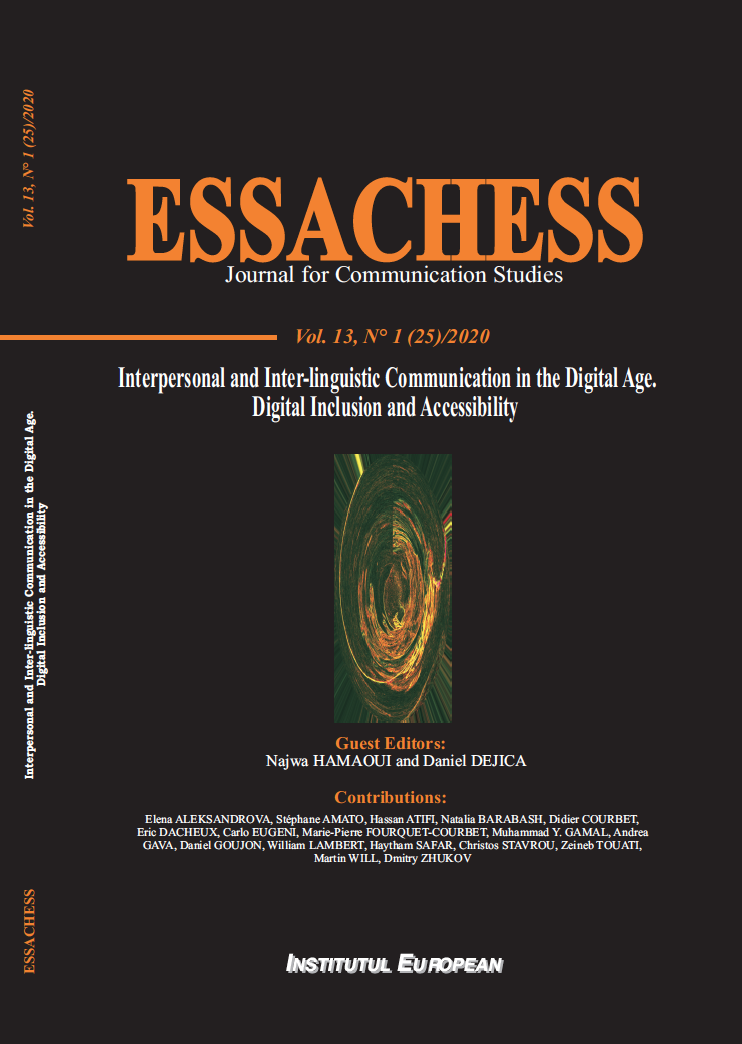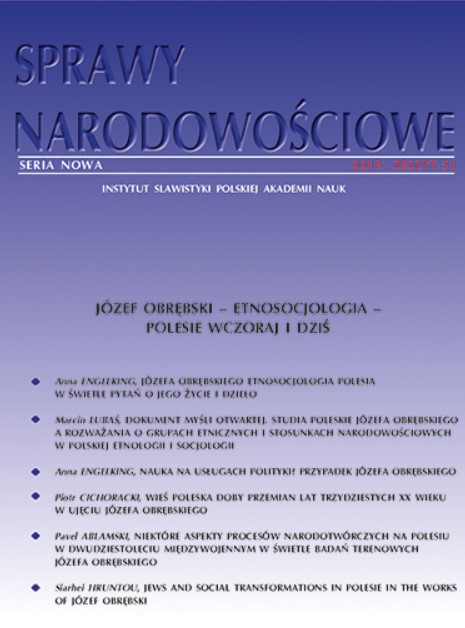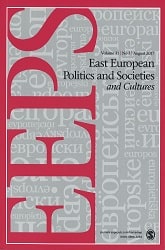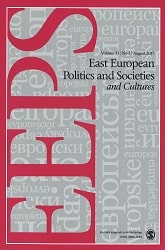Author(s): Azem Poljić,Elmedin Škrebo / Language(s): Bosnian,Croatian,Serbian
Issue: 2/2017
The family gives the "first seal" to socialization, upbringing, education and the regulation of general human and humanistic values and therefore has a first-class role in the formation and development of a young man.Compliant functional family relationships based on love, mutual trust and respect can replace many other shortcomings, including those of material nature. However, on the other hand, what practice continually confirms is that even the greatest material wealth can not compensate the most brilliant and the greatest family treasures such as: functional relationships in the family expressed through love, trust, appreciation and understanding, which gives the family the role of a cradle of personality.In addition to the positive, the family can certainly have a negative impact on the process of personality formation. These are dysfunctional families where parents are unable to properly raise and socialize children, or parents who represent a negative model for negative identification.The reasons for family dysfunction may be different, from incomplete family structure, frequent family conflicts, sometimes burdened with parent fights, alcoholism, and from previously present criminal behavior.Often the family is not a harbour where the spirit and body rest, but a source of turmoil in which conflicts and emotional tensions flourish. "Families with these negative properties in literature are known under different terms: " broken home "," divided family "," deficient family "," Family with defective family relationships "(Wootton, 1959).This expert work aims to examine the possible causes of family dysfunction and especially the negative effects on the proper upbringing and growth of children, but also the appearance of deviant behavior to the development of all other asocial and antisocial behavior. The results of the study show that the dysfunction of the family has a direct negative impact on the proper upbringing, growing up and socialization of children, which results in deviant behavior, lack of emotions and moral behavior, which ultimately ends with the development of all aspects of the asocial and antisocial state of children.
More...
